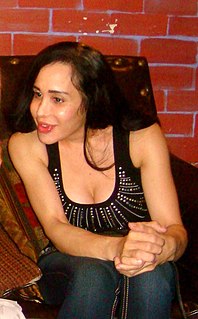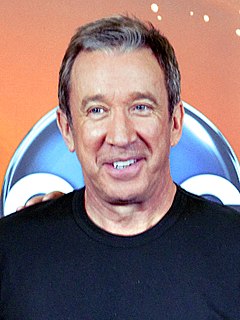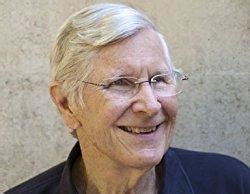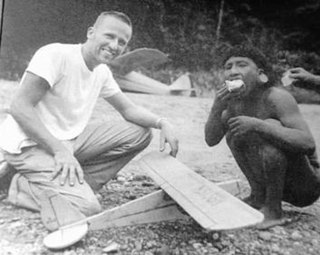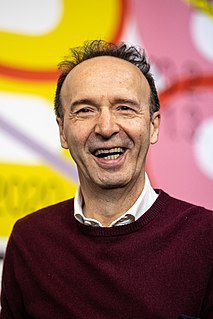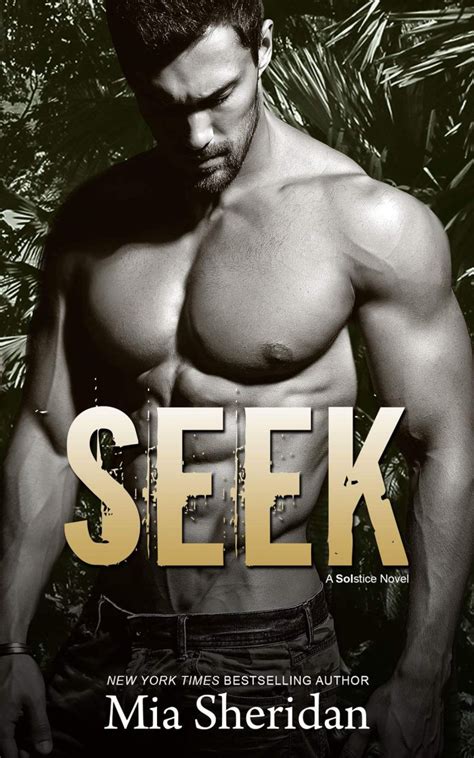A Quote by Nadya Suleman
Reflecting back on my childhood, I know it wasn't functional. I was very unconditionally loved and accepted, I felt, by my father.
Quote Topics
Related Quotes
I'm sure as an infant, no matter what I looked like, I felt like the most loved kid getting those massages. So I really think that was a big part of my growing and my brain developing. Most of all however, I think it was the love that was given to me unconditionally and I felt that my whole life. It certainly wasn't that my parents always liked what I was doing, even my becoming a doctor, my father preferred I went into business so he could help me, but I wanted to be a doctor.
The achievement of freedom is hardly possible without the felt mourning. This ability to mourn, i.e, to give up the illusion of a happy childhood, can restore vitality and creativity if a person is able to experience that he was never loved as a child for what he was, but for his achievements, success and good qualities. And that he sacrificed his childhood for this love, this will shake him very deeply.
I felt I had a very innocent childhood and I feel privileged by that. But as an adult, I know that there were people who didn't have that. There are a lot of teens who haven't had as easy a childhood as me, and having literature that explores these "darker" parts helps relieve the burden and stress they may be feeling. As a writer, there is often a temptation to draw back when we write for teens - to preserve their innocence. But the reality is, if someone has already had that innocence taken in their life, then not writing about it is just brushing it under the rug.
From very early on in my childhood - four, five years old - I felt alien to the human race. I felt very comfortable with thinking I was from another planet, because I felt disconnected - I was very tall and skinny, and I didn't look like anybody else, I didn't even look like any member of my family.
